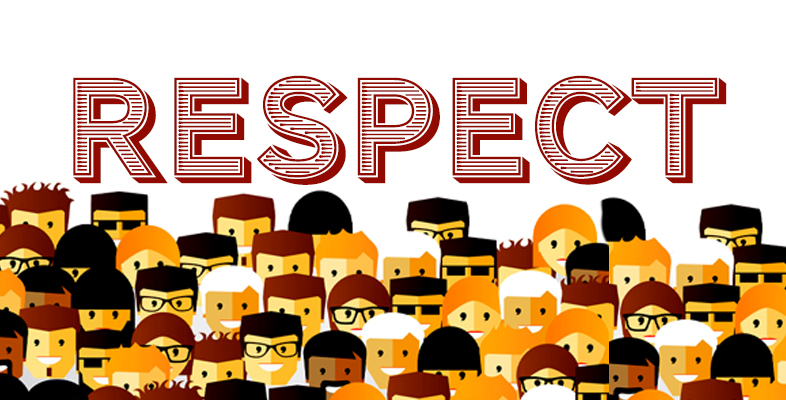1.3 Do no harm
In the scenario in Activity 1, perhaps you thought that a ‘quick chat’ could not do much harm. After all, the topic of reading for pleasure seems to be uncontroversial. As a former teaching assistant, you would probably already have limited the personal information you provided during the chat/interview due to your professional awareness of child and data protection. You know the charity manager and can follow up with them about the course of the study and raise any issues at a later date if you feel your instinctive fears have some grounds for complaint.
However, when you change the research to a sensitive topic, change the age or mental capacity of the participant/s or change to an anonymous digital setting, then such poor practice could have much more serious consequences. By taking part in research, participants can be left in a vulnerable position around privacy, confidentiality or emotional harm associated with thinking about sensitive topics.
It is crucial therefore that researchers anticipate vulnerability, either pre-existing or potentially caused by their research, and seek to recognise and mitigate for any harm that might be caused.
